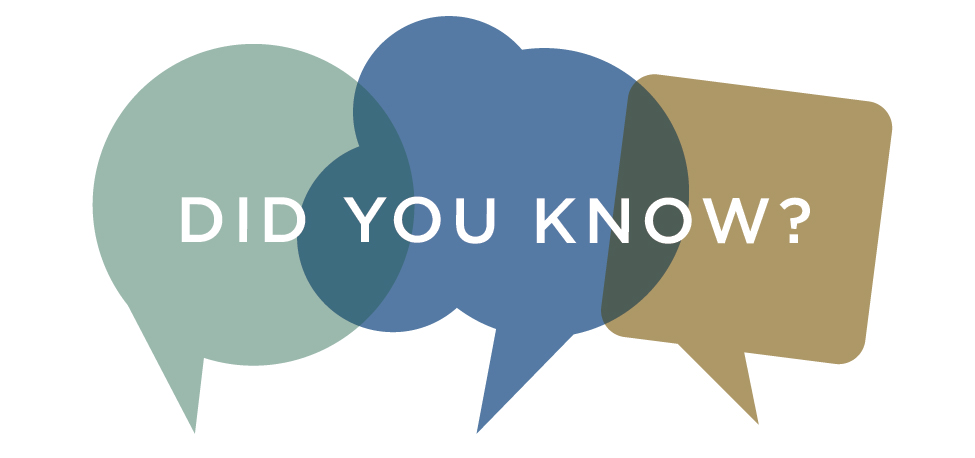Vol. 7 Ways Cancer Treatment Affects Sex
Sexuality is definitely affected by cancer. There are many aspects of sexual health that are changed by treatments, especially chemotherapy, radiation, surgery, and hormone-therapies.A 2007 follow-up report on young breast cancer survivors, conducted by researchers at the University of California-Berkeley, found that some women reported persistent sexual difficulties five years after their treatment had ended. And according to the National Cancer Institute, about one out of every two women who’ve undergone breast cancer treatment experiences long-term sexual dysfunction.
Many women face sexuality problems due to cancer treatment and feel like they have no help. It may be they are too embarrassed. It may be they feel they should focus on cancer and not sex. It may be the doctor does not discuss it first. The reality is - women are having sexual health issues during and after treatment. Which is why I have been writing this blog series!

- decrease sexual desire from the multitude of physical side effects, but it may return slowly after treatment.
- influence self perception or create a feeling of insecurity due to the many physical changes, so it might be hard and take work to have a positive self image.
Did you know chemo can...
- irritates your mucous membranes, so the lining of your vagina may become dry & inflamed.
- decrease sexual desire from the multitude of physical side effects, but it may return slowly after treatment.
- cause infertility, so make sure to talk to your doctor if you still want children (also, see below).
- causes weight loss/gain, creating a feeling of insecurity and being unattractive.
- if you have had genital herpes or warts in the past, chemo can cause flare-ups.
Did you know steroids/antibiotics can...
- cause yeast infection, and they are common during treatment, so you may need to wear cotton & looser clothes... and get a prescription from your doctor to help.
- cause weight gain, creating a feeling of insecurity and being unattractive
Did you know your weakened immune system can...
- lead to easier transmission of sexually transmitted infections (STIs), so be careful and use protection for all types of sexual activity (oral, vaginal, anal).
Did you know estrogen replacement therapy is...
- necessary for certain breast cancers, but lowering hormone levels causes vaginal dryness and thinning of the vaginal lining.
Does this cover everything affecting sexuality? No, but it is a glimpse into the problems cancer treatments cause. Different treatments do different things.

Knowledge is power. Learning about how treatments affect sexuality provides insight and the ability to address potential challenges as they arise. It is important advocate for yourself and to find that you are not alone... and you are not... there are women everywhere facing similar sexual health issues.
Chemo
Chemo creates some obvious physical changes like:- hair loss
- weight gain/loss
- skin and nail changes
- port or IV catheter in your chest, arm, or belly
Each of these things, as well as other physical changes, affect how you feel about yourself. There are things that you can do to help compensate if they are aiding in insecurity. (Check out the blog post about learning to love yourself again here.)
Wigs, new clothes, make-up, lotions, and more all may help. (Check out the blog post about hair and self-image here.) Sometimes these changes are too upsetting... if it becomes where you cannot handle it or cannot find hope then make sure to talk to your doctor or find a good counselor.
They may be wrong...
Radiation is often referred to as the "easier" treatment. I do not think there is any "easy" treatment. Online, I have seen information stating radiation and breast surgery don't have physical reasons to decrease desire and do not change one's sexual pleasure. I do not necessarily agree with this statement from personal experience... and here is why:Radiation
No, radiation does not decrease vaginal lubrication... but if you are ERPR+ then you are now medical induced menopausal, which does affect vaginal lubrication. And since you are coming right off of surgery and/or chemo... you have compiled side effects to add on to the side effects of radiation. |
| My radiated skin... and it hurt... |
Did you know rads can...
- cause extreme fatigue, so be prepared to fight exhaustion which can affect sexual desire.
- burn, baby, burn... feeling pain can affect sexual desire and pleasure.
Breast Surgery
Breast surgery is losing a part of your body... and one that aids in sexual pleasure. Depending on the surgery, you may no longer have nipples, breasts, or have nerve damage (sensitivity or pain). Something that was once pleasurable is no longer... and may actually be creating a negative response. Those things do affect sexuality. The physical changes affect self image, which affects sexual desire and pleasure too.Did you know breast surgery can...
- be the removal of sexual organs, hence create a loss of sexual pleasure.
- cause nerve damage, so you may have pain which can affect sexual desire and pleasure.
- affect self-image, so feelings of insecurity can affect sexual desire and pleasure

Fertility
This is a subject that every female patient in child-bearing years should understand... and one your doctor should discuss with you! Chemotherapy can affect fertility. It can damage ovaries, reducing hormone output. Sometimes ovaries recover post-treatment, but other times they do not.If you are wanting children after treatment, then you need to discuss with your doctor your options. Depending on the type of cancer you have, you may consider removing some of your eggs and saving them for later. Also, ask your doctor how long after treatment you should wait before having children.
Remember you can get pregnant during chemo (especially if you are younger). The treatment can be damaging to the fetus, so talk to your doctor about birth control (if you can take it).
Comments
Post a Comment